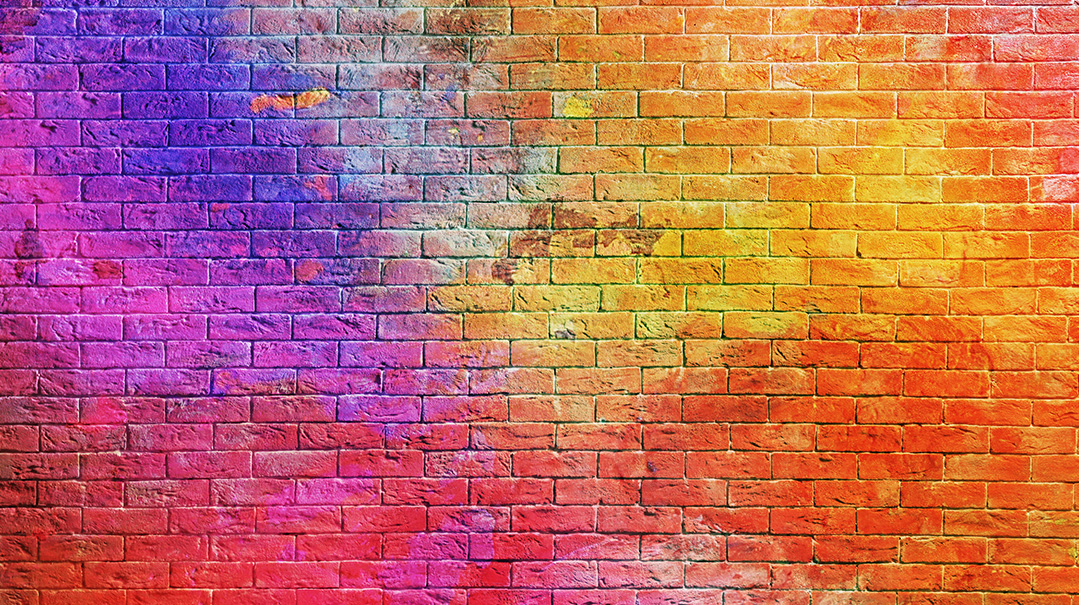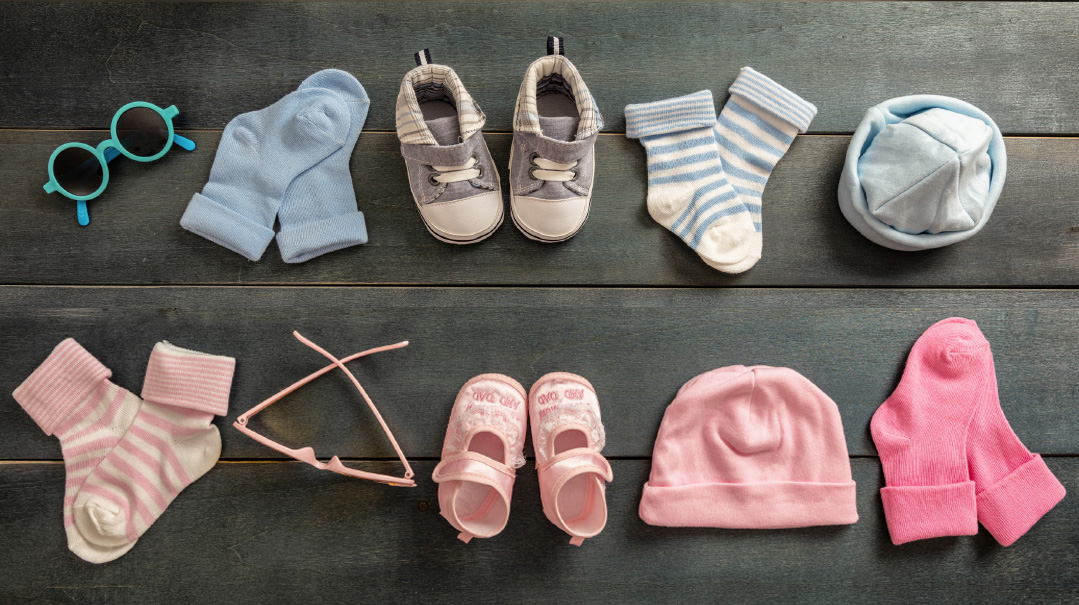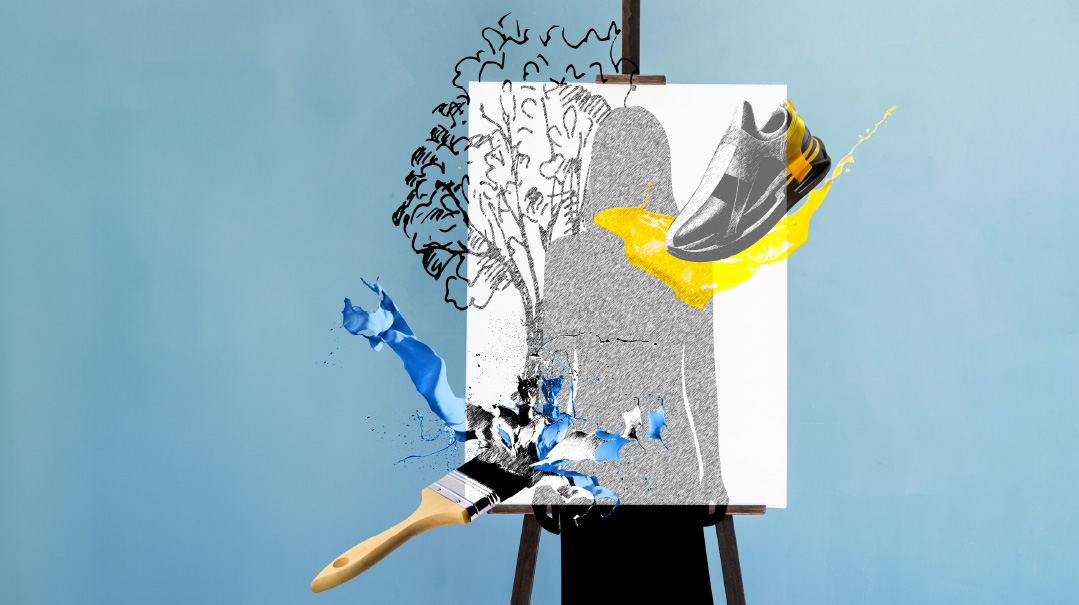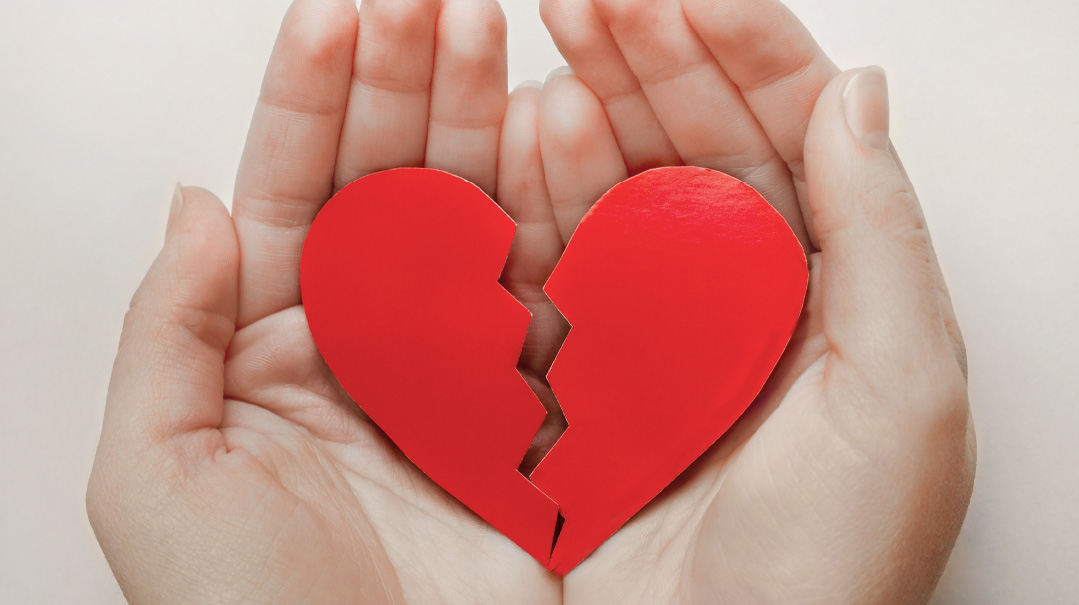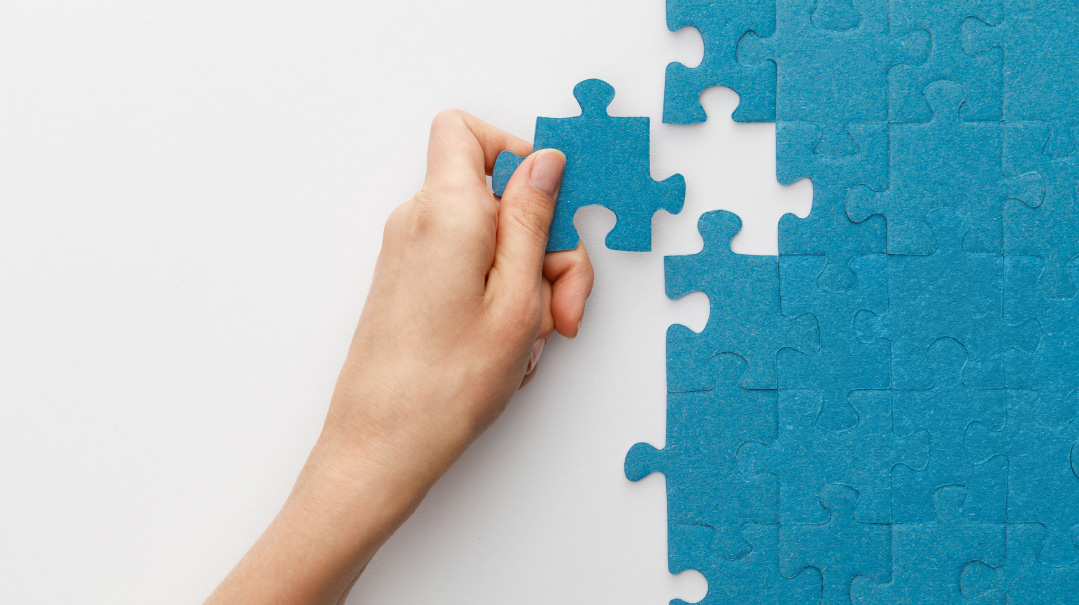My Miracle
| September 13, 2017This was my third gastroenterologist in six years, and I doubted this random hospital pediatrician would find a cure for me when the others couldn’t

As told to Chaya Stein
U ch was the first thought that crossed my mind as I entered the waiting room of my new gastroenterologist. Why am I here? The walls of the room were some sort of cheerful babyish color and I seemed to be double the age of every other patient in the room. Frankly I felt dumb. This was my third gastroenterologist in six years and I doubted that this random hospital pediatrician would be able to find a cure for me when the others couldn’t.
When I finally got called into the examining room though my tune changed. Unlike the others this doctor was a frum Jew. He understood me. He knew my way of life the life of a typical Bais Yaakov girl. He spoke to me as an adult and he even told me to go enjoy all of the foods I had been forbidden to eat ever since sixth grade as long as I take my medicine every day. He did tell me though that I had to schedule a colonoscopy something the doctors had been trying to avoid until then.
So I scheduled the colonoscopy for a week after Pesach. I would have to miss two days of school for it but I didn’t mind. As much as I loved school and being with friends a break was always appreciated. And I was glad that I would finally find out what was wrong with my body.
Little did I know what I would really find out.
At some point over Pesach a new idea occurred to me; I should say Asher Yatzar every time I exit the bathroom. I had heard countless times that it’s a segulah for good health and I was finally going to try it for myself. I had always admired the girls in school who did this but I had never been one of them. I didn’t have that kind of patience. Now I would acquire the patience as a zechus for my own refuah.
The two days of school that we had between Pesach and my colonoscopy were days of intense gratitude to Hashem for making me a normal girl in a normal school doing normal things. I’d had a taste of illness and hospitals and it was like an alternate universe. I’ve learned my lesson of gratitude I naively thought. Now it’s time to get better.
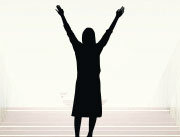
When I went to the hospital for the colonoscopy I acted very cheerful. While waiting I made friends with the nurses enemies with the IV in my arm and I studied chemistry in the hospital bed. I also read a few pages of an inspirational book I had brought along. It was my way of coping but inside I was scared. Petrified really.
The guy in the bed next to mine was a few years my senior and he had gone through multiple brain surgeries. Hearing about his life through the flimsy curtain that separated us made me appreciate my life so much more. After a period of time that seemed endless I was finally wheeled into the operating room. It was a cool room I decided. The technician introduced himself as Carlos the same name as my school janitor.
The anesthesiologist introduced herself too and I asked her how long it would take for the anesthesia to knock me out. She said it would be just a few seconds and she said that I would remain groggy if not sleeping for about an hour after the procedure. I told her “You don’t know me. I’ll be up soon.”
Fifteen minutes after the procedure, I was awake. Fifteen minutes after that, I was out of the hospital, with strict instructions of, “Please don’t forget that you had anesthesia today.” My cheerful facade continued, but deep inside I wondered, what will be? The results of the colonoscopy would come in two weeks, and until then I just had to wait.
The first two days that I was back in school, I came home at the end of each day exhausted and crying. The cheerfulness was gone, and in its place I was stressed out and emotionally depleted. The school days were long, my medical drama was confusing, and having to make up work from the two days I had missed was harder than expected, to say the least. On top of all that, I had just returned from the levayah of someone I’d loved dearly. It was too much to handle at once. I lay in my bed the night of the levayah, staring up at the ceiling. Suddenly, a song emerged from deep inside my heart. “Koach,” by Shimmy Engel. “Ribbono shel olam, geb mir a bissele koach.” Hashem, please give me strength, I cried. I can’t do this anymore.
Our school shabbaton was in just over a week, and this year it was my grade’s turn to head it. Every 11th grader was involved, nonnegotiable. This added yet another layer to my intensely stressful week. Hashem was obviously trying to tell me something, so I tried to keep my Asher Yatzar kabbalah as best as I could. But I wasn’t yet used to it, so it was hard. I also kept davening for a refuah.
The week before Shabbaton was a whirlwind of preparing, but also studying. I was struggling with trig and chemistry, but we had quizzes in those subjects almost daily. That week, I failed a test for the first time in my life. On Monday, my Minchah was the longest of the class, because I davened really hard to get better. I didn’t complain much during this time, though, because I was glad to be in school among normalcy. I remembered the feeling of the IV in me, the way my veins seemed to move when the nurse tried to put it in. I was grateful that my biggest challenges were now about schoolwork.
I was taking my medicine daily and still trying to keep my kabbalah, but I did experience a small flare-up that week. At least it was only a small one, and it was probably due to stress. On Tuesday morning, I had to go for lab work. Now both of my arms ached; my left one from the blood work and my right one from the IV. The realization hit me that morning how much you really can’t know what’s going on in someone else’s life. I showed up to school on time, and if I wasn’t such a drama queen no one would ever know that I just underwent major blood work. Maybe that was the message that Hashem was sending me, a message that you just never know someone else’s story.
The long-awaited Shabbos finally arrived, and it was amazing. We stayed up all night, DMCed, heard inspiring speeches, and took walks around the expansive grounds. The peaceful country atmosphere invigorated me, and the spacious, luscious green grass added to the serene setting. The performances were a blast, and the singing during the meals was a lot of fun, too. My davening that day was really inspiring as we prayed amid the soft cocoon of nature.
At one point during the Shabbos, I had alarming symptoms, worse than ever before. I confided in a friend and she tried to help me, but it reached a point where she had to call in our mechaneches, Mrs. Berger, because I was visibly shaking and she was nervous about me. Mrs. Berger made me feel at ease, although it felt weird to talk to a teacher about my condition. Hashem orchestrated that she was actually familiar with what I had, so she knew what to do. I had to tell her all the details, and it was very awkward at first, but then I was glad that I did. It was getting too hard to keep all of my fear about everything that was going on locked inside, and now someone finally knew what I was going through. It was a huge relief. Thankfully, my Shabbos wasn’t ruined by what happened, and I was still able to rejoin my friends and have fun afterwards.
My Asher Yatzar kabbalah was strengthened that day, and I was slowly getting more used to it.
Literally the next morning, I got a phone call from the hospital. My test results had come back, and they were completely clear! My kabbalah had “worked.”
I didn’t know it then, but the flare-up during Shabbos had been the final straw in my suffering. The flare-ups after that were small and, baruch Hashem, rare. It was as if Hashem was saying, “Ad kan, my daughter. You got what you needed out of these five years, and now the suffering is over.”
I used to ask, “Why me?” At a certain point, though, I realized “why me.” Hashem sent this challenge to me so that I could strengthen my emunah and grow from it. Once I did that, the pain was over. Saying Asher Yatzar is now second nature to me.
As we approach the Yamim Noraim, the haunting melody of the chazzan on Rosh Hashanah rings in my ears. “Mi yichyeh u’mi yamus? — Who will live and who will die?” It’s frightening to think about what was decided last Rosh Hashanah. How many people do we know who perished this year? For me, it’s too many. But what else happened this year? It was the greatest year of my life. It was a year of amazing friendships, a year of acceptance of myself and others. It was a year of growth, and it was also, hopefully, the year where my medical journey ends.
Now, I’m looking forward to my senior year of high school. It’s going to be an important year, a year that will shape my future as I make decisions about seminary and about life. It will be difficult, but if there’s one thing that my medical struggle taught me, it’s that there’s Someone Who is always holding my hand. Now that the suffering is over, I’m grateful for what I went through all those years. It made me a much better person, more connected to Hashem. I cried out, “Ribbono shel olam, geb mir a bissele koach! Hashem, give me strength!” And Hashem answered, “Yes, My child. I will give you strength.”
That short prayer has become my favorite song.
(Originally featured in Mishpacha Jr. Issue 677)
Oops! We could not locate your form.






